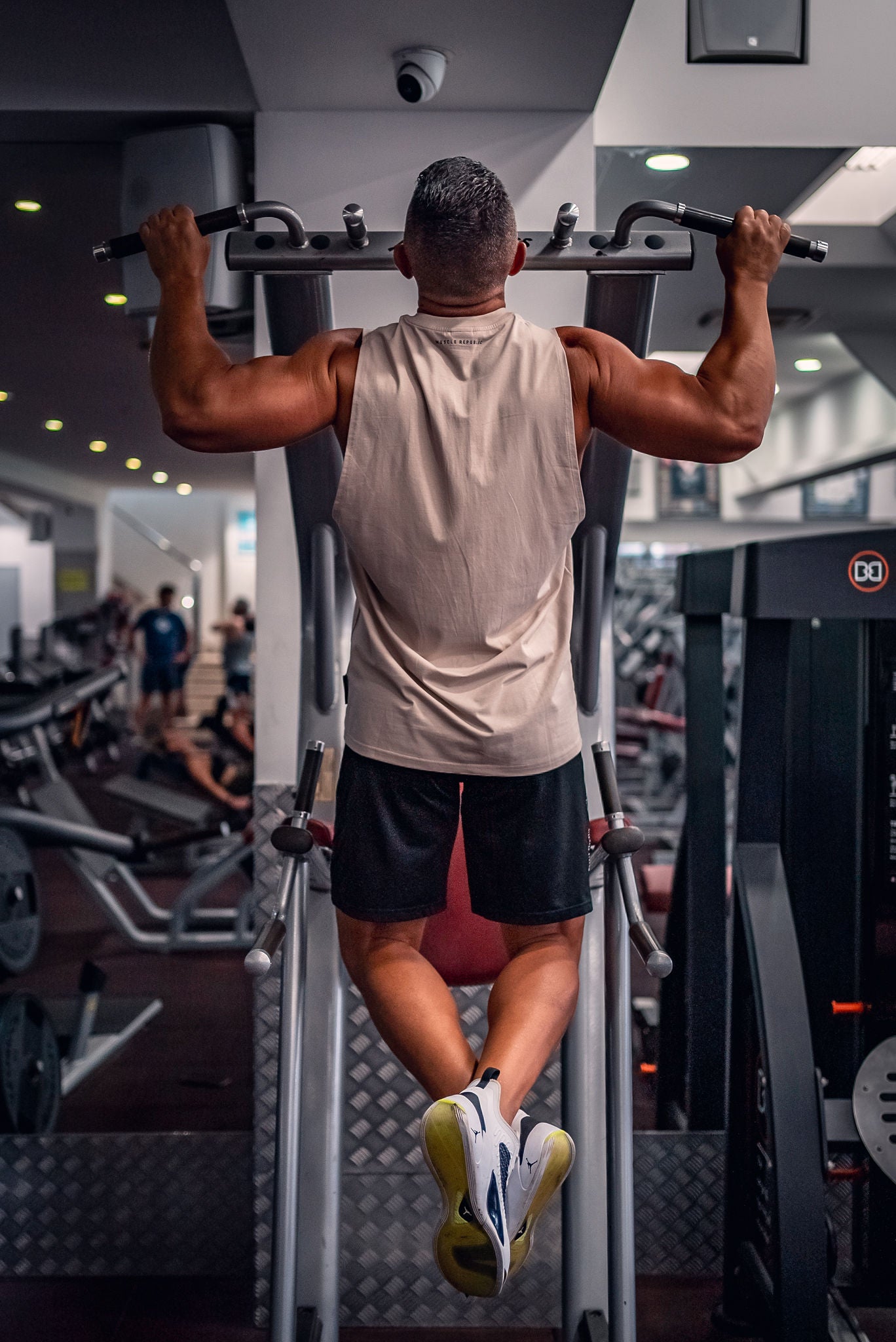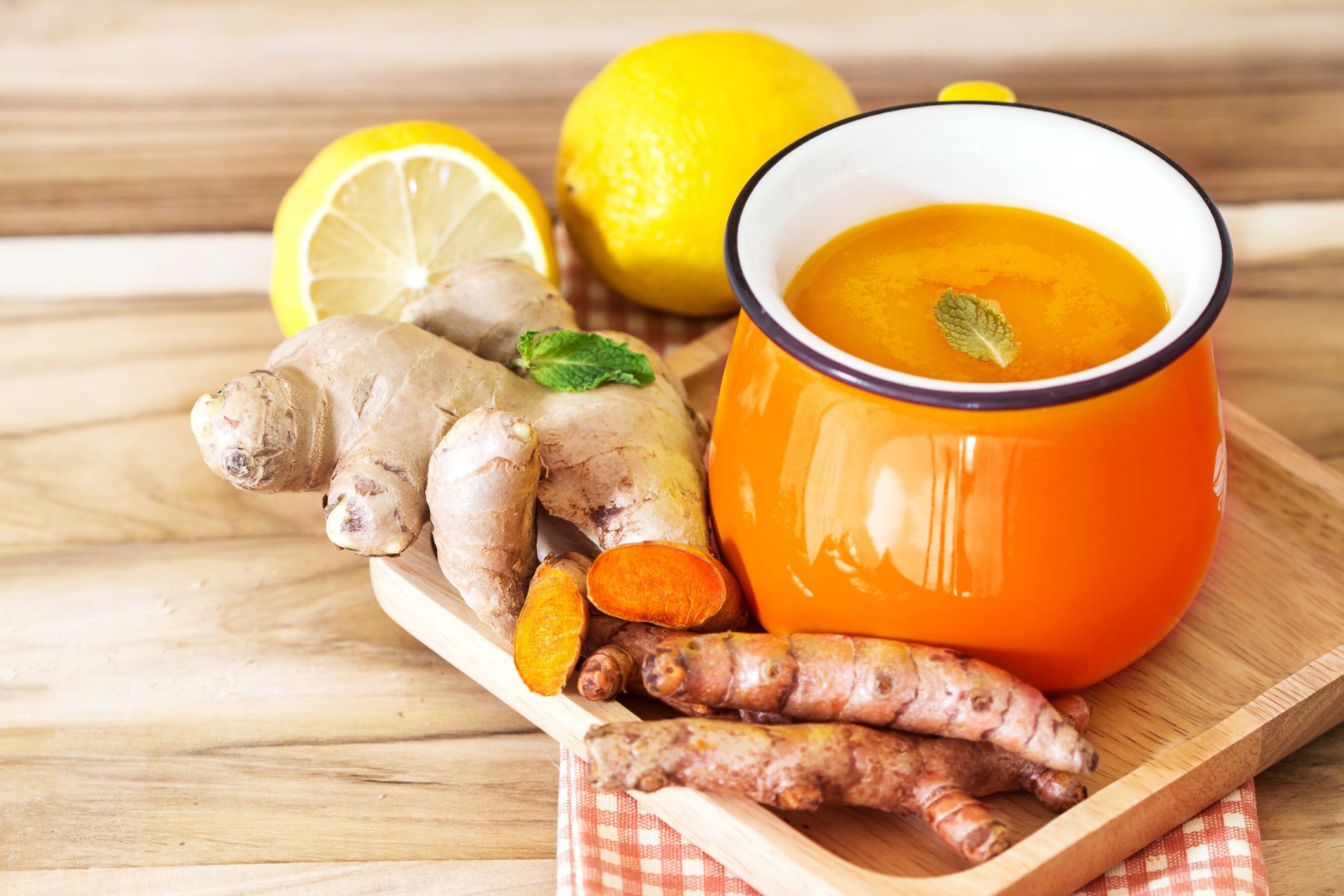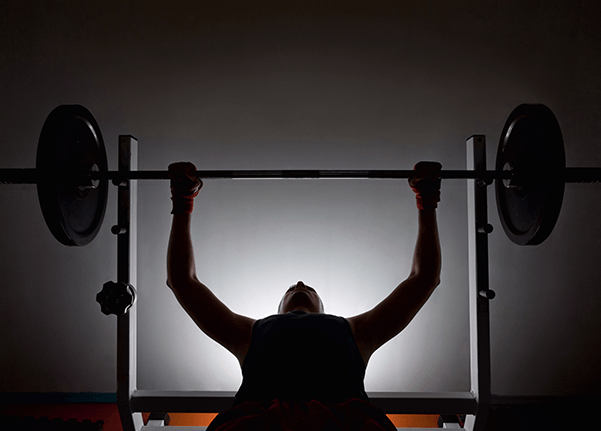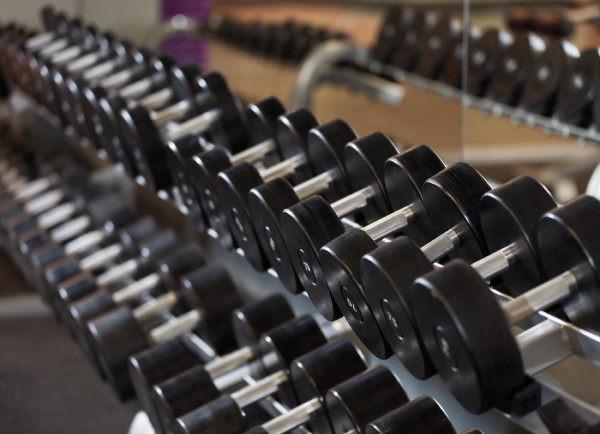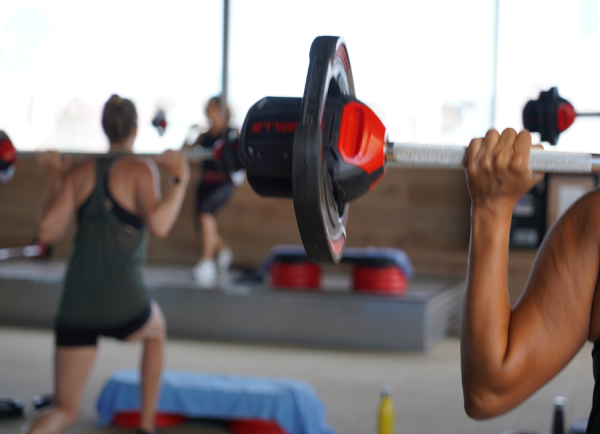
Alcohol and Fat Loss
If your goal is to lose weight, minimising your alcohol intake may be something worth considering. Although alcohol itself is not particularly fatty, regular consumption can have a number of both direct and indirect effects on your weight and overall wellbeing.
Alcohol can directly reduce your potential for fat loss as it contains many empty calories. These are calories that provide no nutritional value and often go unnoticed and unconsidered as energy intake upon consumption.
There are seven empty calories per gram of alcohol. This can add-up and make a huge dent in your daily recommended calorie intake if you are drinking a lot. It is therefore advised that you minimise the amount and how regularly you drink, and avoid mixers that are also high in empty calories, such as soft drinks and juices.
Alcohol can also result in a number of indirect factors that will negatively affect your weight loss journey. One of these factors is the lowering of inhibitions. This means that when you drink, you’re more likely to overindulge in unhealthy foods that will boost your calorie intake right up. Drinking can also influence how you think and feel, so you’re more likely to act on these urges to overindulge and not think twice about it.
Furthermore, excessive drinking can have a significant impact on your sleep. The late nights and huge sleep-ins that often go hand-in-hand with drinking can often lead to a lack of energy and motivation to workout. Less sleep can also cause more of the hunger hormone, ghrelin to be released, increasing our cravings for food.
Although all these factors may seem insignificant on their own, when they are combined they can have substantial, long-lasting effects. The calories all add-up and mess with energy intake and output balances, plus nights spent drinking can completely alter your routine and move you away from that healthy lifestyle everyone should try to maintain.
This does not, however, mean you have to give up drinking altogether. You can still be healthy, lose weight and build muscle so long as you only drink occasionally and in moderation.
Alcohol can directly reduce your potential for fat loss as it contains many empty calories. These are calories that provide no nutritional value and often go unnoticed and unconsidered as energy intake upon consumption.
There are seven empty calories per gram of alcohol. This can add-up and make a huge dent in your daily recommended calorie intake if you are drinking a lot. It is therefore advised that you minimise the amount and how regularly you drink, and avoid mixers that are also high in empty calories, such as soft drinks and juices.
Alcohol can also result in a number of indirect factors that will negatively affect your weight loss journey. One of these factors is the lowering of inhibitions. This means that when you drink, you’re more likely to overindulge in unhealthy foods that will boost your calorie intake right up. Drinking can also influence how you think and feel, so you’re more likely to act on these urges to overindulge and not think twice about it.
Furthermore, excessive drinking can have a significant impact on your sleep. The late nights and huge sleep-ins that often go hand-in-hand with drinking can often lead to a lack of energy and motivation to workout. Less sleep can also cause more of the hunger hormone, ghrelin to be released, increasing our cravings for food.
Although all these factors may seem insignificant on their own, when they are combined they can have substantial, long-lasting effects. The calories all add-up and mess with energy intake and output balances, plus nights spent drinking can completely alter your routine and move you away from that healthy lifestyle everyone should try to maintain.
This does not, however, mean you have to give up drinking altogether. You can still be healthy, lose weight and build muscle so long as you only drink occasionally and in moderation.
Previous post
Protein: What is it and How Much Should You be Consuming?
Next post

